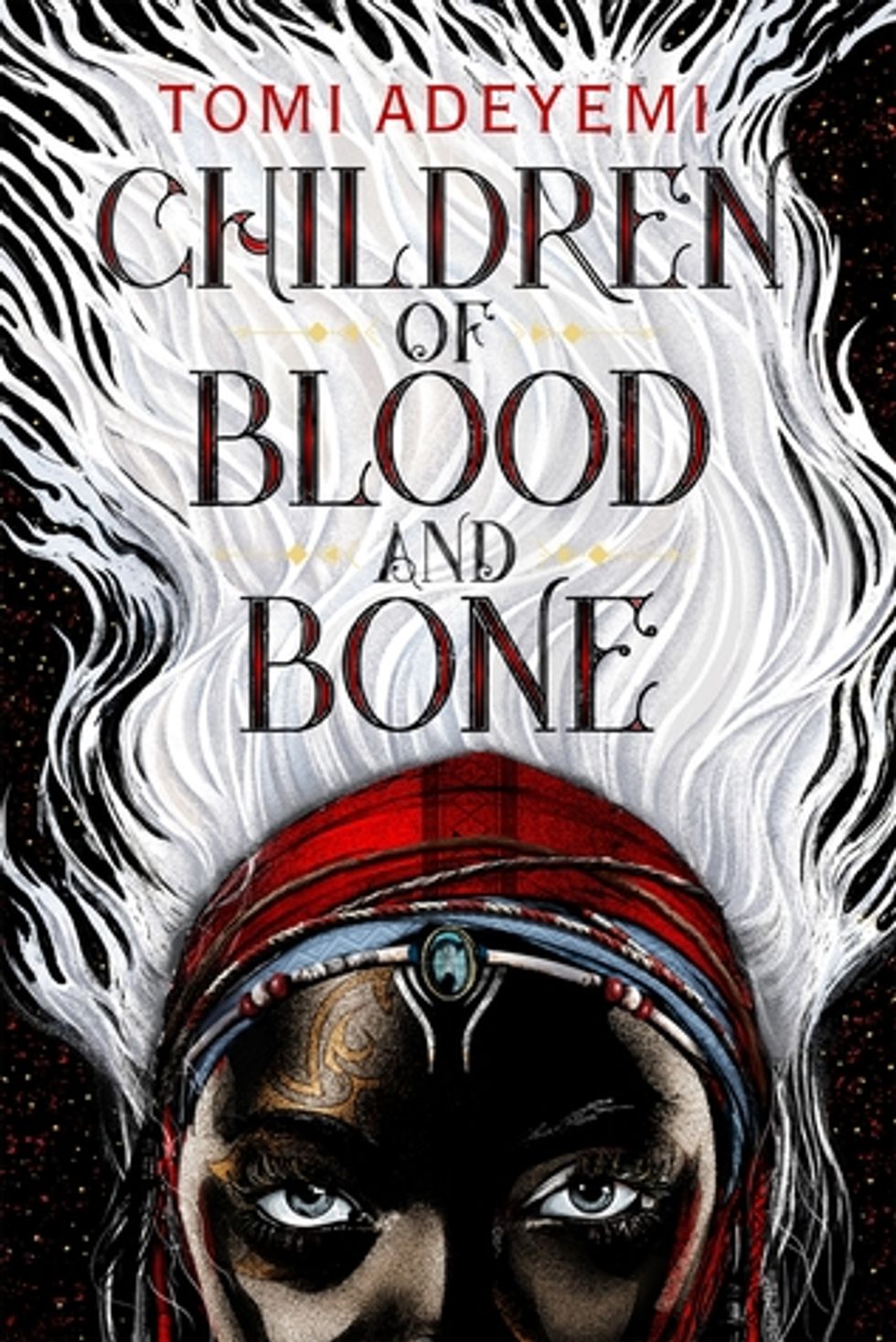Welcome to the 3rd installment of A Dragon’s Review! If you missed my last review of Pet Sematary by Stephen King, you can find the link to it here.
I decided to do my 3rd review on the popular debut novel, Children of Blood and Bone, by a Nigerian- American writer, Tomi Adeyemi.
The first time I caught wind of this book was when I was on one of my deep fantasy trolls. I had just finished soaking my soul in the Six of Crows duology and I needed something of equal and maybe even higher standards to pique my interest.
That was when I stumbled upon Children of Blood and Bone.
At first glance, I was intrigued by the concept. This YA high fantasy book portrays a land of magic and power called Orïsha, which is based on parts of Nigeria. The Orïshans are people of Yoruba origin.
It has always been a land of magic and power, with the people able to practice magic clearly identifiable by their white curly hair. One day, magic suddenly disappears from the Maji and all Maji are targeted and killed under the orders of the King.
One of the protagonists, Zélie Adebola, is the child of a Maji and an Orïshan. The children of Maji aka diviners were not killed as well because they were still unable to practice magic at the time of the raid.
Instead, they suffer from abuse by the other Orïshans, get forced into slavery, endure unnecessary police brutality and are literally considered as maggots for their distinctive white hair.
Now, Zélie has a once in a lifetime chance to bring magic back and free her people from the rule of the monarchy.
I was immediately interested and waited eagerly for it come out.
When it did, I was not disappointed.
This book clearly portrays the tendency for humanity to find that which separates or divides, over that which unites.
In a fantastic version of racism, people are separated by the color of their hair, even though they are all black. I found the similarities between this world and ours very striking, at times even shedding tears for the plight of the diviners.
More so, I enjoyed the views of the major characters as well. The runaway princess, Amari, is such a powerful character and was my favorite. She stood up against the crown and underwent so much character development!
Tomi writes this book in the first person, which I usually find annoying to read. However, I still enjoyed the reading and writing style she used to tell this story. It was a quick, funny and poignant look into real-world events veiled by fantasy.
One thing that really got to me was the use of actual city and state names of Nigeria. Being born and raised in Nigeria, I could identify the places, the languages and the dress styles used.
That identification fueled my interest even more and made the book more than a fantasy story for me.
Of course, in some areas, I was turned off by the romantic arc. I generally like romance, but it seems that these days, it’s shoved into every single fantasy story.
I don’t think Tomi did a good job of managing the characters' romantic interests. I think it takes more than saving a life, for people to fall in love.
Nevertheless, I cannot wait for the rest of the Legacy of Orïsha series to come out. I give this book 4 stars!
All in all, this is a book with a message and a purpose. It reminds us that there is more that joins us than separates us.
It reminds us that we are first of all, humans, regardless of race, politics, and religion.
It reminds us that we are all children of Blood and Bone.



















